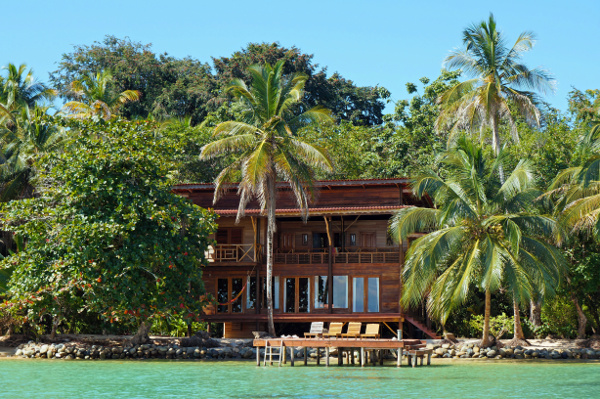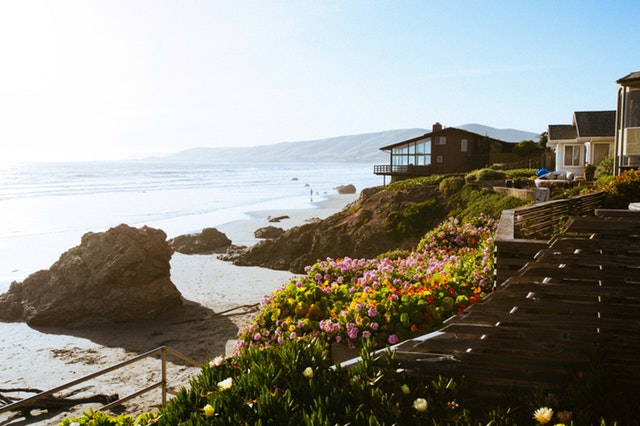Should You Use A Home Equity Loan To Buy A Vacation Home?
 If you are looking for a way to diversify your investments while also making it easier to go on vacation, you may have thought about purchasing a vacation home. Saving up enough money for one house was already hard enough, so how are you going to save up money for a second house? If you have owned your primary residence for a while, you might be able to take out a home equity loan. Then, you could use this to purchase a vacation house.
If you are looking for a way to diversify your investments while also making it easier to go on vacation, you may have thought about purchasing a vacation home. Saving up enough money for one house was already hard enough, so how are you going to save up money for a second house? If you have owned your primary residence for a while, you might be able to take out a home equity loan. Then, you could use this to purchase a vacation house.
How Does A Home Equity Loan Work?
A home equity loan allows you to borrow against the equity you have already accrued in your house. A home equity loan typically has a lower interest rate when compared to a personal loan because you use your house as collateral. If you have at least 20 percent equity built up in your home, you may be able to tap into this equity to use it as a down payment for a vacation home.
The process of applying for a home equity loan is similar to the process of applying for a mortgage. Then, you can pay back the home equity loan on your own schedule. You are only required to pay the interest every month, and you can work with the lender to figure out when you would like to repay the rest of the loan.
Consider Added Expenses With A Vacation Home
If you purchase a vacation house, some of your expenses might be higher. For example, your home insurance premium will probably be higher on your vacation house because there is a greater risk of something going wrong. You aren’t in the house all the time, so there is a greater risk of something going unnoticed. Furthermore, real estate taxes are typically higher on a vacation house than they are on a primary residence. You should have enough money put aside.
Consider Using A Home Equity Loan To Buy A Vacation House
A vacation house can be a great investment and a home equity loan can provide you with the flexibility you need to purchase one; however, you should consider all of the expenses that go along with a vacation home before deciding if you can afford one.

 Are you buying a property as your second home? Perhaps you are looking for a small cottage or apartment where you can escape to for your vacations, or maybe you want to have another home closer to your relatives?
Are you buying a property as your second home? Perhaps you are looking for a small cottage or apartment where you can escape to for your vacations, or maybe you want to have another home closer to your relatives? Are you thinking about buying a vacation home? Maybe owning two homes is part of your retirement dream. Maybe you’d like to have a second home in your favorite holiday locale.
Are you thinking about buying a vacation home? Maybe owning two homes is part of your retirement dream. Maybe you’d like to have a second home in your favorite holiday locale.